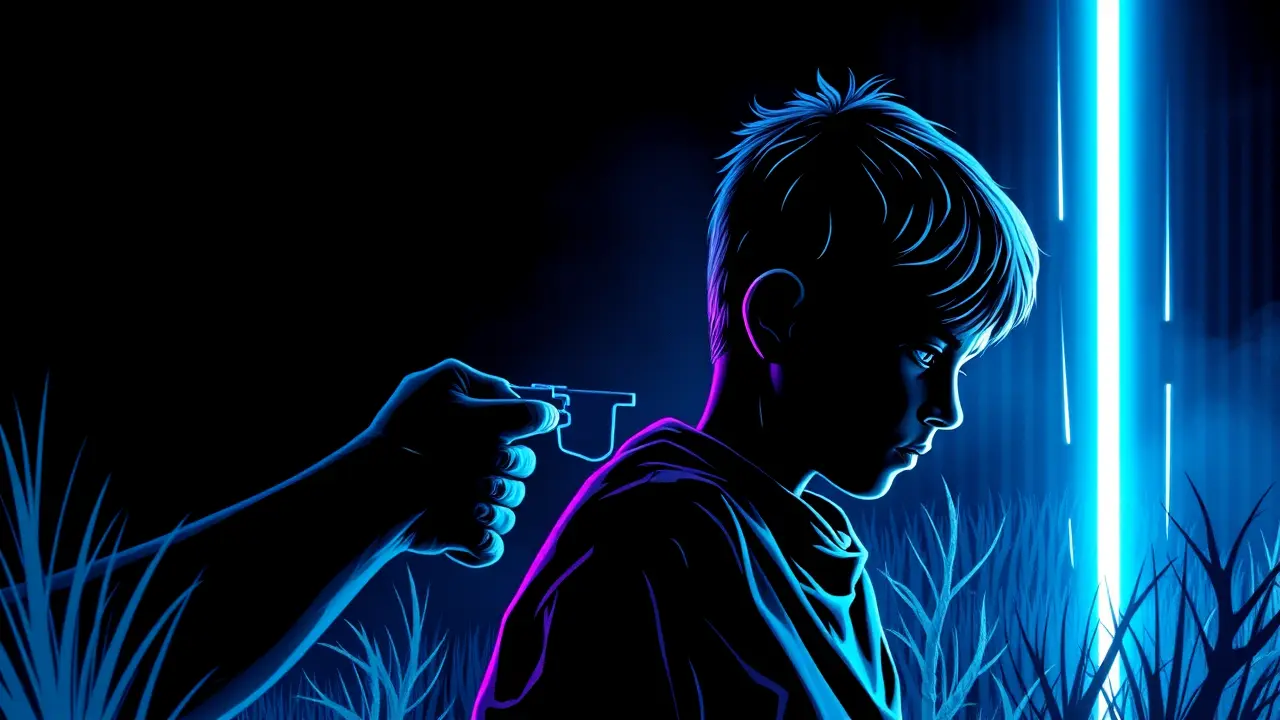Boy, 11, accidentally shoots and kills farm worker.
The news arrives not as a statistic, but as a profound human fracture, a story that begins with a simple, devastating sentence: an 11-year-old boy accidentally shot and killed a farm worker. To understand this, we must look beyond the police report, beyond the immediate, chilling fact that the boy’s father has been arrested on charges of negligent handling of a firearm and that the two are due in court.We must try to step into the quiet, dusty reality of that farm, to imagine the unspoken dynamics of a family where a firearm was so accessible, a world where a child’s curiosity or a moment of unsupervised play collided with lethal force. The central figure here, the boy, is suspended in a nightmare of his own making, a burden of guilt and trauma that will reshape his identity forever; what does it do to a child’s psyche to know they have ended a life, however unintentionally? And then there is the father, now facing the legal system, his failure to secure a weapon potentially costing a man his life, his son his innocence, and himself his freedom—a cascade of consequences stemming from a single, catastrophic lapse in judgment.The farm worker, whose name and story are too often lost in these headlines, was a person with a history, with people who loved him, a life built on hard labor that was abruptly, senselessly erased. This incident is not an isolated one; it echoes in the data from organizations like Everytown for Gun Safety, which detail how thousands of American children live in homes with unsecured firearms, a constant, hidden domestic risk.I recall speaking with a trauma psychologist last year who described the particular agony of these cases—the ‘accident’ that was entirely preventable, the families torn apart not by malice but by carelessness, the long, difficult road of therapy for a child who must learn to live with an unbearable memory. The legal proceedings will assign blame, but they cannot mend the human wreckage. This tragedy forces us to confront uncomfortable questions about responsibility, about the culture of gun ownership and the sacred duty of safety, and about the fragile, intricate web of lives that can be undone in the single, echoing crack of a gunshot.
JA
Jamie Larson123k2 days ago
this is such a powerful way to frame the story, it makes me want to create a short film with you that explores the silence and the weight of that single moment
0
